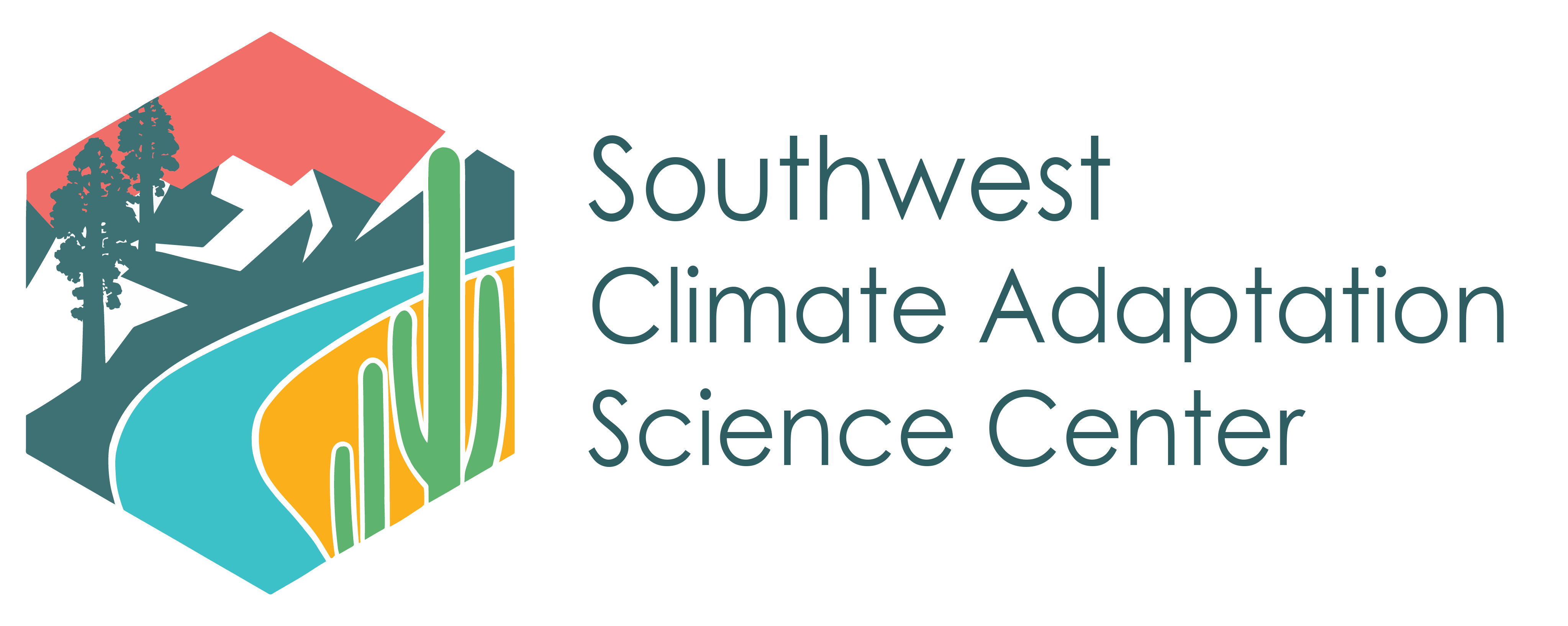When
The Southwest Climate Adaptation Science Center (SWCASC) and the NPS Tribal Engagement and Climate Change workgroup hosted a webinar series in spring 2022, on the third Thursday of April, May and June 12-1 PDT. The webinars highlighted climate adaptation projects partially funded by the SW CASC that are taking place in collaboration with Tribal partners.
Webinar 1: Fire and Humans in Resilient Ecosystems of the American Southwest - April 21, 2022
In the southwestern US humans and ecosystems share a history of fire. Here, contemporary ecological patterns and processes that are thought to be natural may be highly influenced by past human land use legacies, at millennial time scales. The Jemez Mountains of central New Mexico provide a landscape laboratory rich in archaeological, ethnographic, and ecological data sets, within which to study the reciprocal, long-term interactions of humans and fire. Evidence from tree-rings, fire scars, and charcoal sediments suggests that prior to the 20th century, southwestern pine forests sustained frequent, low-severity surface fires. During a period of dense occupation in the 13th and 14th centuries, land and resource use may have significantly influenced forest structure, fuel properties, ignitions, and landscape fire dynamics. We developed complex spatial models, informed by rich archaeological, ethnographic, and dendroarchaeological data sets, to examine how plausible scenarios of human activities influenced forests and fire regimes ca. 1200-1900 CE. We found that prehistoric populations influenced forest and fire patterns at broad spatial scales, with feedbacks that maintained ecological resilience. Our results highlight the complexity and extent of long-term human-environment interactions and can be used as a comparative framework within which to evaluate the significance of contemporary and predicted anthropogenic impacts on landscapes and ecosystems.
Presenter: Rachel Loehman is a landscape and fire ecologist with the US Geological Survey. Her research focuses on the role of natural and anthropogenic disturbances in shaping ecological patterns and processes. Her current research projects include developing strategies for enhancing ecosystem and forest resilience to changing climate and disturbance regimes (western U.S.) and monitoring and modeling fire impacts to archaeological resources (southwestern U.S.).

